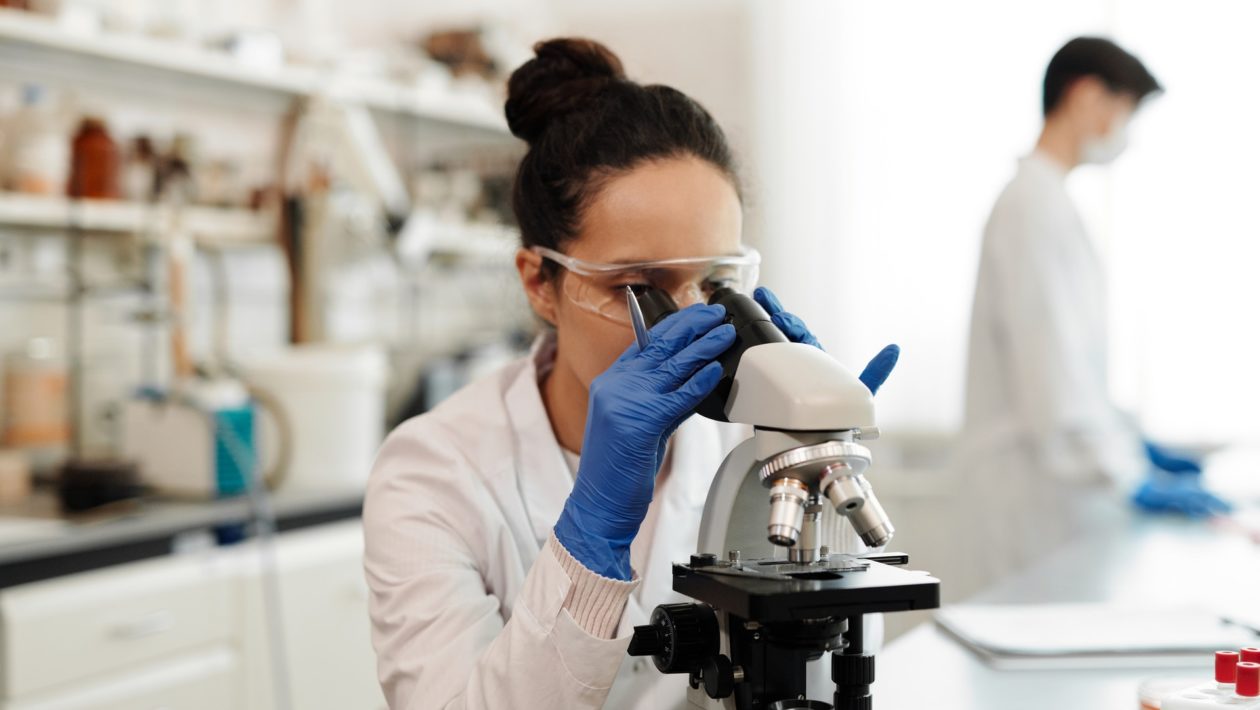The CDC provides important reasons for genetic testing, yet the public find it hard to identify appropriate providers in this field. A new industry leader in telegenetics and telemedicine, FDNA Telehealth has set the standard for genetic diagnosis technology worldwide. Amid a time of limited freedom of movement, and health systems being overwhelmed by the novel coronavirus disease, new innovative software technology such as that by FDNA Telehealth has proved to revolutionize the industry, breaching the borders of traditional genetic diagnosis allowing to incorporate more advanced technologies for child genetics analysis.
Computer-aided facial phenotyping is implemented to ensure parents and children can connect with clinics, genetic researchers, and medical practitioners. These advancements are met with great enthusiasm, while some professionals have shared skepticism. FDNA Telehealth shares that all data captured on its systems are highly-secured, adhering to strict HIPAA and GDPR Compliance Declarations. While medicine, genetics, and technology start to merge, endeavors such as these by FDNA Telehealth will give more people access to advanced genetic analysis to help crack the code of genetic disease in children.
FDNA Telehealth Solution Based Digital Platform
FDNA Telehealth uses Artificial Intelligence (AI), allowing parents to set-up a medical profile for their child, snap a picture of their child, and submit it to be reviewed by 70% of the world’s most sought-after geneticists in over 130 countries.
Taking into account, parents should consider the advancements and features FDNA Telehealth is now bringing to the comfort of their homes – this platform opens the doors to 2,000 clinics, making it safer, easier, and much more affordable to find a trustworthy opinion and solution.
A plethora of next-generation phenotyping (NGP) tech and AI is used to create a well-structured database and system that can analyze the complexities of human physiological genetics – in short; FDNA’s technology and database incorporates more than 10,000 diseases found in both male and female children. Years of dedicated research, analysis, and problem-solving from industry-leading geneticists capture the importance of early diagnosis, but more importantly creates a platform where AI and genetics can collaborate to bring well-rounded and trusted outcomes.
Privacy and Security Concerns Of Telemedicine
Some practitioners, clinics, and local health agencies have raised a level of concern about the use of AI-based technology for telegenetics – but FDNA has assured all users that de-identified data is stored on cloud-based clinical warehouses. The integration of Laboratory Information Management Systems (LIMS), Electronic Medical Records (EMR), and open APIs will ensure a more accurate analysis of each submission and disease. FDNA Telehealth captures thousands of records, diseases, and genetic syndromes under one roof, helping parents, researchers and children understand the importance of early genetic therapeutic access.
Secure analysis and trusted cloud-security systems have meant that FDNA is now used by more than 10,000 hospitals and medical centers worldwide. Some of the most prominent collaborations include; The Children’s Hospital of Philadelphia, Children’s Specialty Group, Nemours Children’s Health Systems, and Emory Healthcare to name a few. Partnering with some of the leading medical centers and hospitals across the world has managed to give FDNA more traction in becoming the industry leader for telemedicine and telegenics.
Linking Parents and Geneticists via Artificial Intelligence
Behind every photo submission, there is a group of trained and professional geneticists willing to share a medical opinion and thoughts on the severity of each case. FDNA Telehealth boasts a strong team of genetic counselors, primary health care specialists, and more important geneticists from various areas across the globe.
These professionals have dedicated their lives working to finding patterns and solutions to genetic occurrences in both children and adults. The FDNA Telehealth platform has managed to allow those in remote and isolated places to receive a quicker answer, bringing them closer to finding a diagnosis, scheduling a genetic counseling session – and if needed, visit an in-person consultation.
Final take:Better software and technology have meant that people can now become more connected, even in a time where physical interaction, and freedom of movement is restricted by local authorities. Genetics and Artificial Intelligence collaborates to ensure parents can find a diagnosis early on in childhood development, but more important, become part of a global community willing to advance the world of children’s healthcare through tech-based initiatives. Finally, given the range of genetic syndromes, it can be concluded that this is a next-level diagnostic solution with a global appeal.

